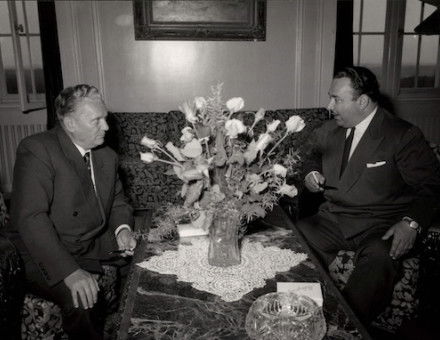'The White Man's Burden'? Imperial Wars in the 1890s
Lawrence James looks at the melange of racial theory, economic interest and Boys' Own 'derring-do' that fuelled European ambitions for a 'place in the sun'.
In the summer of 1900, Colonel James Willcocks led a small army of black troops to Kumasi in what today is Ghana to fight the Asante King Prempe who had defied his new British overlords. During the march, Willcocks was approached by a village headman who claimed the Haussa soldiers had broken down his people's huts in their search for firewood and demanded compensation. Willcocks investigated the story, found it untrue and had its teller seized and brought before him. 'All he had to say', recalled Willcocks, "was that I was his "good father", and I accordingly treated him as a good father does his child'. Like a naughty schoolboy whose mischief had been uncovered and punished by a firm but benign headmaster, the headman bore no grudges, later telling Willcocks he was a 'devilish fine fellow'.





